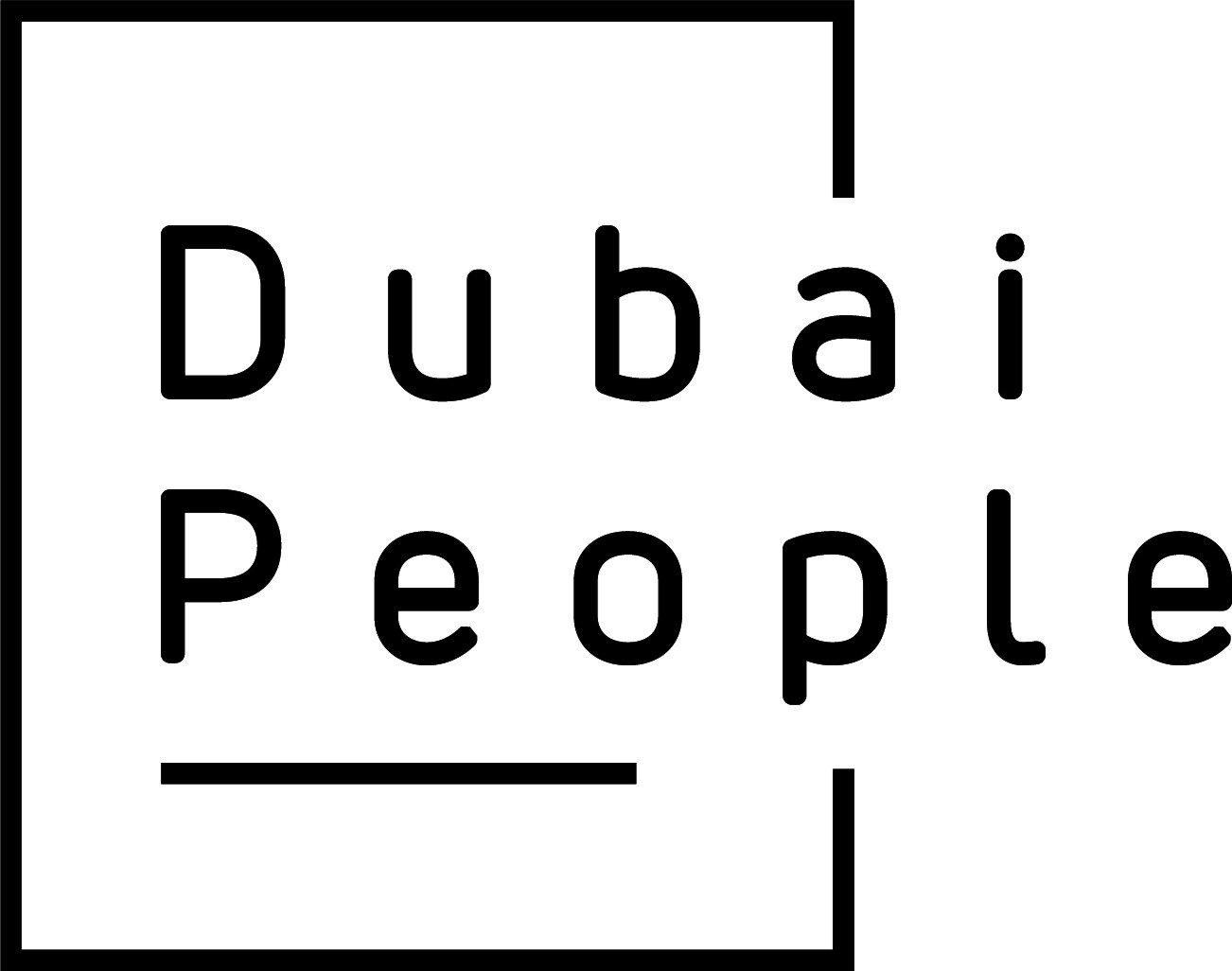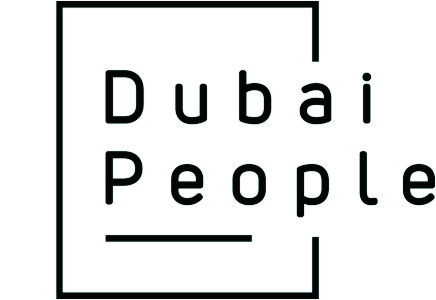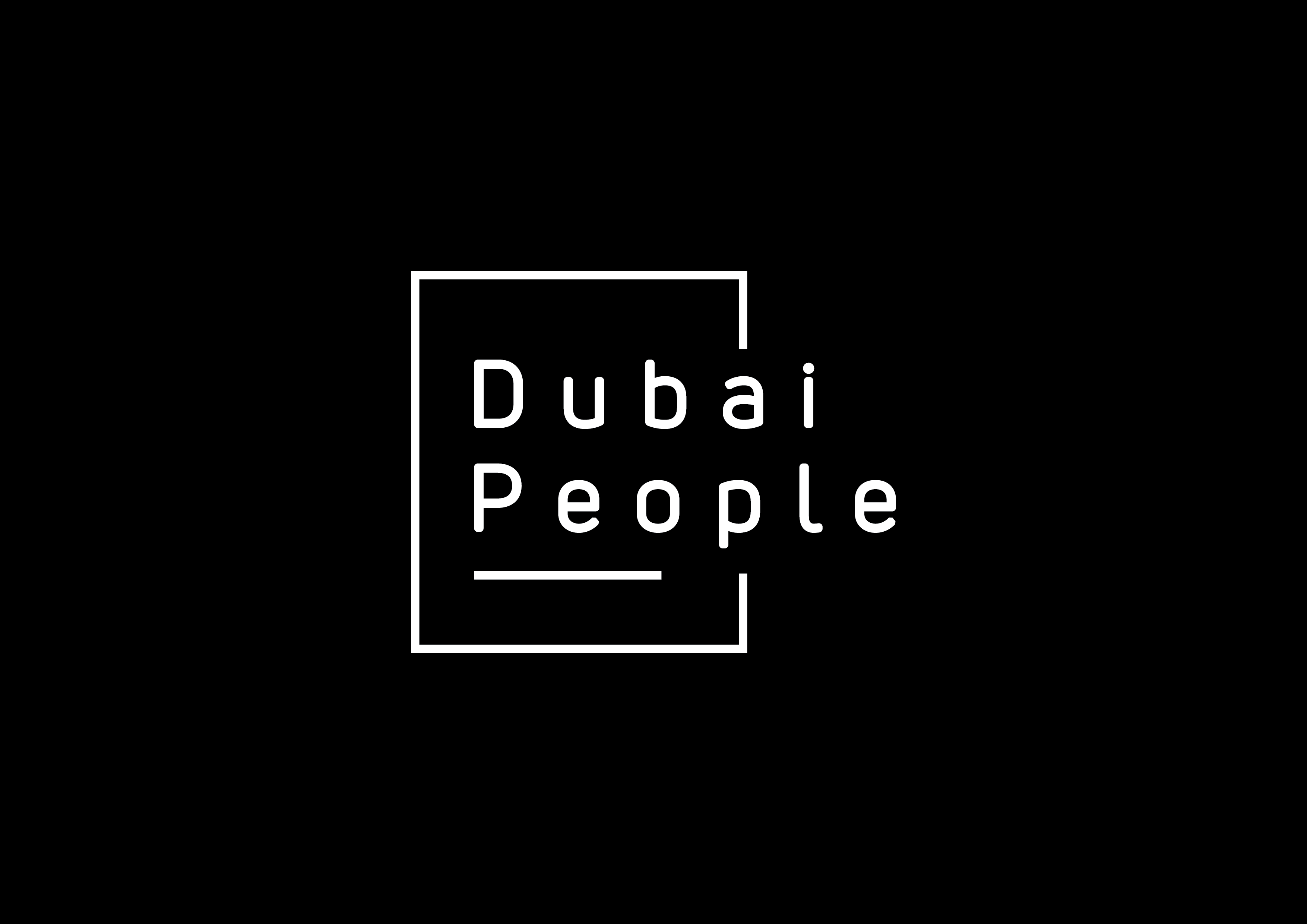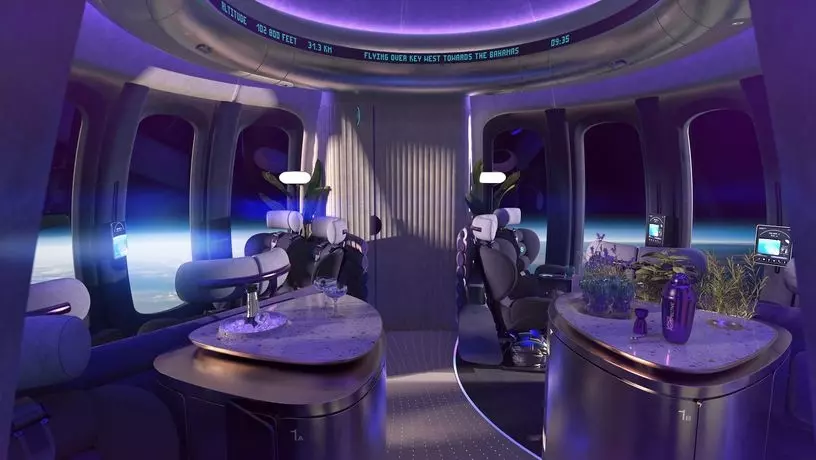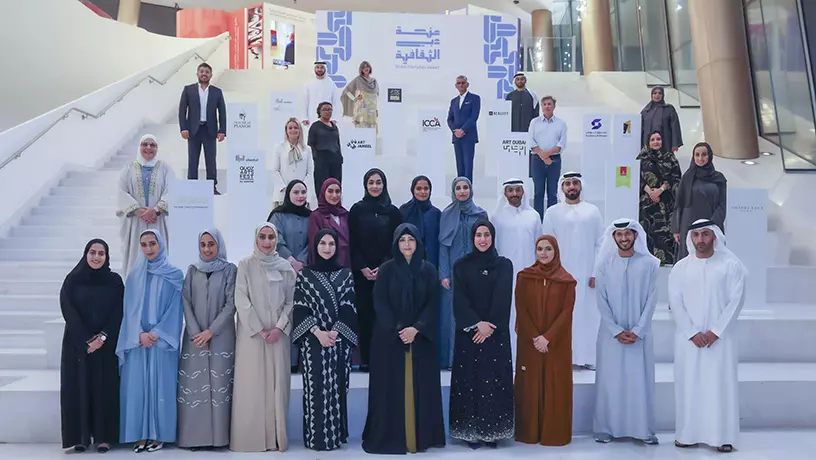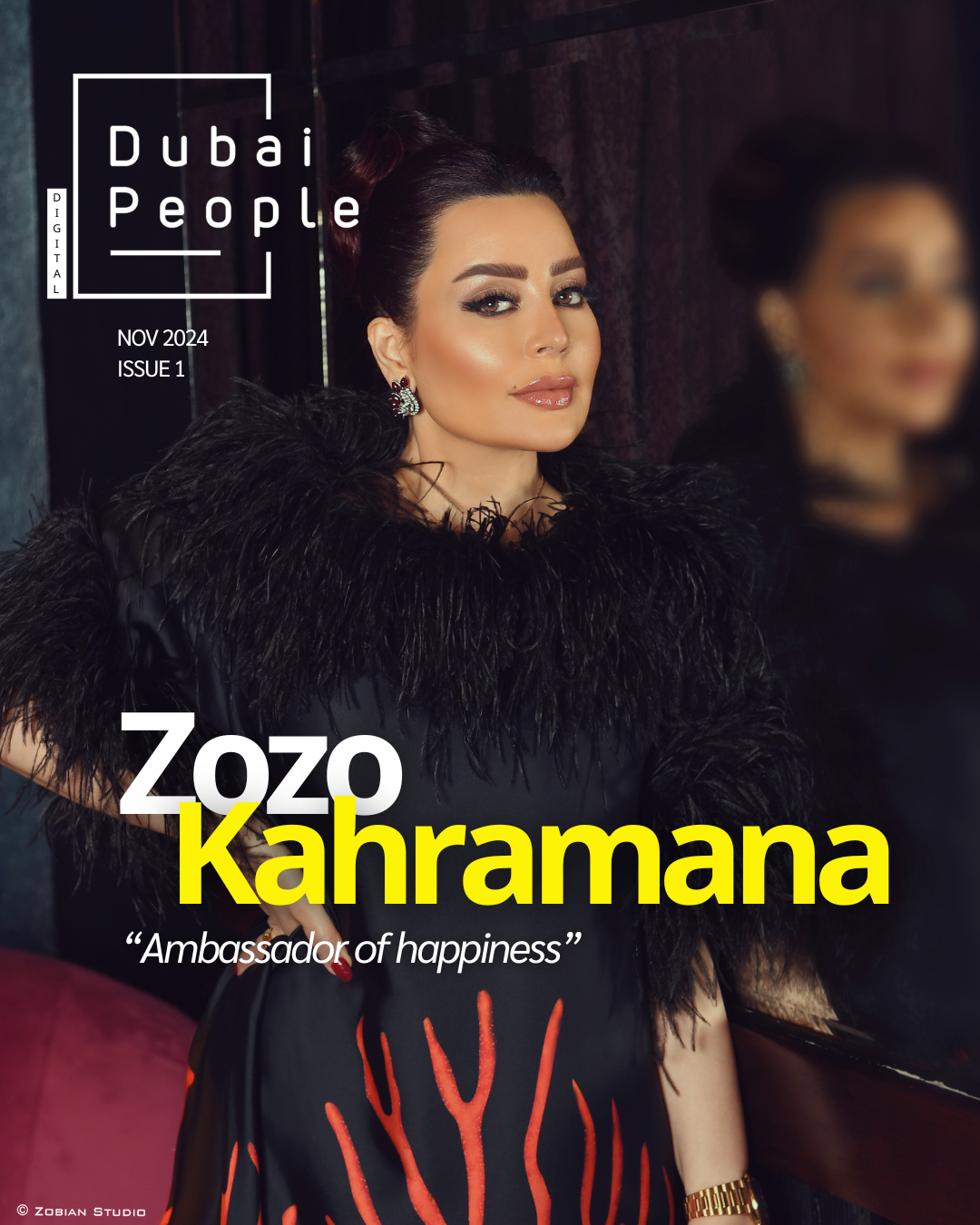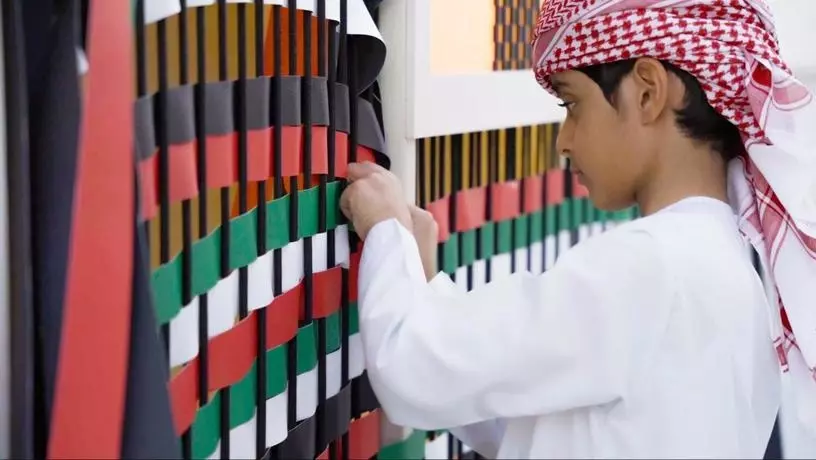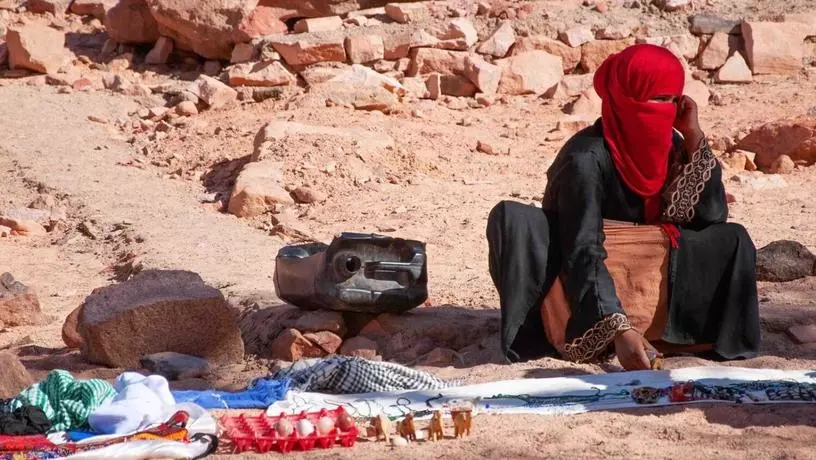
How to escape the heat: secrets from Bedouins
Ahmed Al Jaffla, Chief of Protocol and Senior Lecturer at the Sheikh Mohammed bin Rashid Centre for Cultural Understanding, described how Bedouins escaped the heat of the Arabian Desert in the summer before air conditioning was invented.
Thus, the desert dwellers orientated themselves by the stars and were able to track the dates of the summer heat. Their knowledge helped them to know where the cool breezes were blowing and where the dry, hot desert winds were blowing.
The Bedouins travelled at night and rested during the day in the shade of their tents, high dunes, trees and camels. If no shade was available, they dug a hole in the ground and hid from the sun in it. To protect their bodies from overheating, they wore loose, thin clothing, usually of cotton, and a head covering, a shawl, which also protected them from sandstorms.
The Bedouins always knew where the nearest water source was; it is not for nothing that areas of the Dubai desert, such as Al Marmum, were named after their wells. Between noon and midday, Bedouins would sleep to wait out the hottest part of the day.
Earlier, health officials in the UAE urged residents and visitors to be alert to symptoms of heat exhaustion such as dizziness, severe thirst, headaches and muscle cramps. It will take 24 to 48 hours to recover from the effects of heat exhaustion.
During this time, the person should be moved to a cooler place, remove tight clothing if it interferes with body cooling, elevate the legs above heart level and provide the patient with cool drinks. In the hospital, people with heat stroke are sprayed with cold water and given electrolytes intravenously.
Doctors specify that heat stroke is dangerous because it can lead to multi-organ failure, including damage to the central nervous system, kidneys and liver, and in some cases – to death.
During the hottest hours, people need to stay indoors and avoid direct sunlight, especially at midday. For example, prolonged exposure to ultraviolet (UV) light can cause acute painful conditions such as photokeratitis and/or photoconjunctivitis.
During hot hours, doctors recommend avoiding coffee and alcohol, and adding more fresh fruits and vegetables to your diet. It is also not recommended to go to the beach or pool alone.
Source: Khaleej Times
Follow our Telegram Chanel


